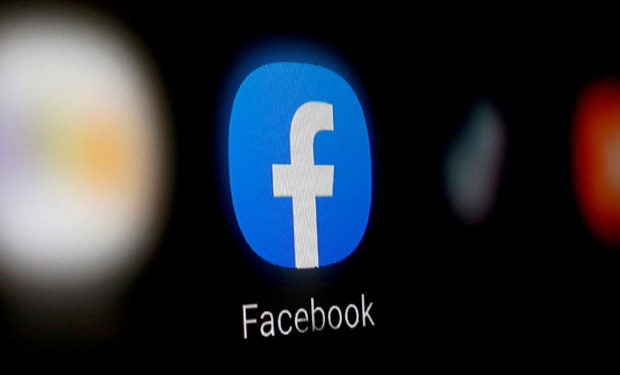
REUTERS File Photo
PARIS—Facebook on Monday announced plans to hire 10,000 people in the European Union (EU) to build the “metaverse,” a virtual reality version of the internet that the tech giant sees as the future.
Facebook CEO Mark Zuckerberg has been a leading voice in Silicon Valley hype around the idea of the metaverse, which would blur the lines between the physical world and the digital one.
The technology might, for example, allow someone to don virtual reality glasses that make it feel as if they’re face-to-face with a friend—when in fact they are thousands of miles apart and connected via the internet.
“The metaverse has the potential to help unlock access to new creative, social and economic opportunities. And Europeans will be shaping it right from the start,” Facebook said in a blog post. “Today, we are announcing a plan to create 10,000 new high skilled jobs within the EU over the next five years.”
The European hires will include “highly specialized engineers” but the company otherwise gave few details of its plans for the new metaverse team.
“The EU has a number of advantages that make it a great place for tech companies to invest—a large consumer market, first class universities and, crucially, top quality talent,” the blog post said.
Reputation rehabilitation
The announcement comes as Facebook grapples with the fallout of a damaging scandal, major outages of its services, and rising calls for regulation to curb its vast influence.
The company has faced a storm of criticism over the past month after former employee Frances Haugen leaked internal studies showing Facebook knew its sites could be harmful to young people’s mental health.
The Washington Post last month suggested that Facebook’s interest in the metaverse was “part of a broader push to rehabilitate the company’s reputation with policymakers and reposition Facebook to shape the regulation of next-wave internet technologies.”
But Zuckerberg also appears to be a genuine evangelist for the advent of the metaverse era, predicting in July that Facebook will transition from “primarily being a social media company to being a metaverse company” over the next five years.
Facebook bought Oculus, a company that makes virtual reality headsets, for $2 billion in 2014 and has since been developing Horizon, a digital world where people can interact using VR technology.
In August it unveiled Horizon Workrooms, a feature where co-workers wearing VR headsets can hold meetings in a virtual room where they all appear as cartoonish 3D versions of themselves.
